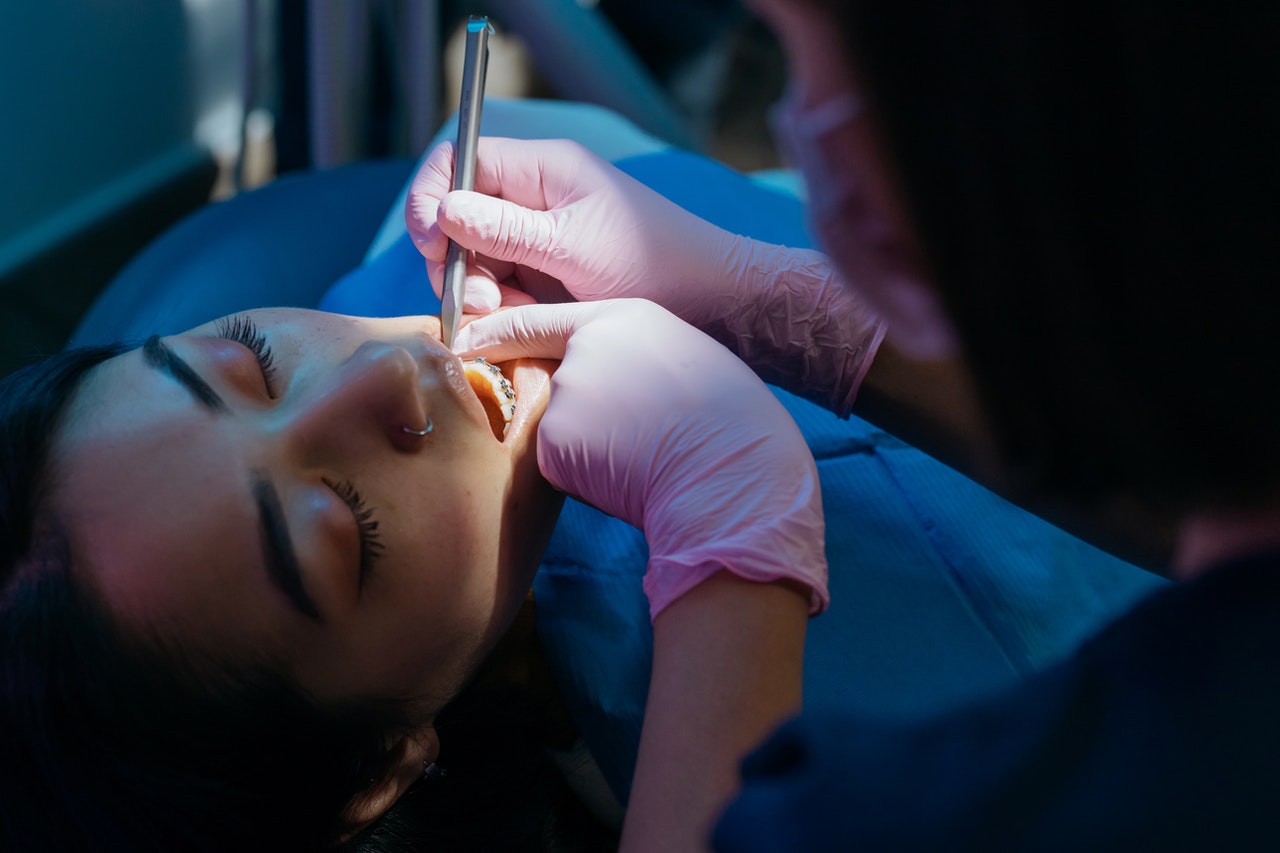In the South Korean reality TV show Let Me In, guests virtually take the viewers with them to undergo plastic surgery. One of the most common procedures is jaw surgery, also known as orthognathic surgery, orthodontic surgery, or surgical orthodontics. It’s an invasive process that reconstructs the jaw to make them even. The resulting look is a more V-shaped face that South Koreans consider the ideal face shape.
Orthodontic surgery is also popular in other countries, including the US. But because of the major changes it does to the face, many people consider plastic surgery. As such, it takes away one’s natural beauty. Even though society is now more open about plastic surgery, the procedure is still fraught with controversy and stigma. For that reason, people who get anything done on their face, even nonsurgical ones, stay mum about their procedure.
But what if your jaw issues are causing difficulty in your everyday life? Should you forego the surgery because it would alter your “natural” beauty?
The Truth About Orthodontic Surgery
The fundamental purpose of orthodontic surgery is to realign the jaw, not to make someone more attractive. It’s performed by an oral or maxillofacial surgeon along with an experienced orthodontist.
Of course, having realigned jaws will make you more attractive, and the procedure itself alters your facial structure. Hence, it’s also considered plastic surgery. The only difference with other types of plastic surgery is that orthodontic surgery can impact your overall health and quality of life. With aligned jaws, you can eat, sleep, chew, and speak easier.
Who Should Get Orthodontic Surgery?
Your orthodontist may recommend surgery if your jaw problems cannot be fixed with braces alone. These problems may make you a fit candidate for the procedure:
- Bite issues (overbite, underbite, or crossbite)
- Obvious asymmetry of the face
- Temporomandibular joint (TMJ) disorder
- Facial injury or congenital condition, like a cleft palate
- Wear and tear of the teeth
- Difficulties in biting, chewing, or swallowing
- Breathing problems, like mouth breathing and obstructive sleep apnea
Severely uneven jaws can create all those problems. The ideal time to get it done is after the jaws have stopped growing, usually in your late teens or early 20s.
Oral Surgeon vs. Plastic Surgeon
An oral surgeon can perform any surgery involving jawbones, chin, and mouth. Unlike plastic surgeons, oral surgeons are specialists in the dental profession. Those from the US completed a four-year residency program accredited by the American Dental Association.
In addition, oral surgeons spend time in plastic surgery, emergency medicine, and otolaryngology (ears, nose, and throat). Their training is focused on treating issues on the bones, skin, facial muscles, and jaws.
Oral surgeons may also extract teeth or treat head and neck cancer. Simply put, they’re professionals that specifically focus on head and neck issues. Hence, if you need advice regarding your jaw or facial asymmetry, approach an oral surgeon, or speak to your orthodontist first.

Types of Orthodontic Surgery
Orthodontic surgery can be for corrective or cosmetic purposes or both. If you want to have it for cosmetic reasons, there’s no need to feel bad because you’re having plastic surgery. No matter how much the procedure has changed your looks, you’re still you, but healthier and more confident.
These types of orthodontic surgery have changed lives and boosted happiness:
- Maxillary osteotomy — for correcting bite problems or midfacial hyperplasia, in which growth in the middle of your face is reduced
- Mandibular osteotomy — lower jaw surgery, which realigns an underbite or a receding mandible
- Genioplasty — for correcting a receding chin; can be accompanied by a mandibular osteotomy
- TMJ surgery — for curing severe TMJ disorder
- V-line surgery — a.k.a. mandibuloplasty, which narrows the jawline to create an oval, V-shaped face
All of these procedures require general anesthesia, so you’d be asleep throughout the process. The surgery can take two to five hours, depending on the specific surgery and severity of the problem. Most of the incisions will be made inside the mouth, but in some cases, the surgeon will also make minor cuts outside the mouth. But they won’t leave permanent scars.
After the surgery, you’d stay in the hospital for one to four days. As you get discharged, you’ll receive instructions from your surgeon regarding eating and oral hygiene. You’ll experience swelling, stiffness, and discomfort in your jaws and face for a period, but they’ll reduce as time passes, usually between six and 12 weeks.
Jaw surgery is an intense procedure; hence, mental and emotional preparedness is crucial before undergoing it. Also, it shouldn’t matter that it is plastic surgery. If it will solve your problems and improve the quality of your life, you should be proud of getting it. After all, there’s no natural beauty in insecurity, suffering, and long-term discomfort.